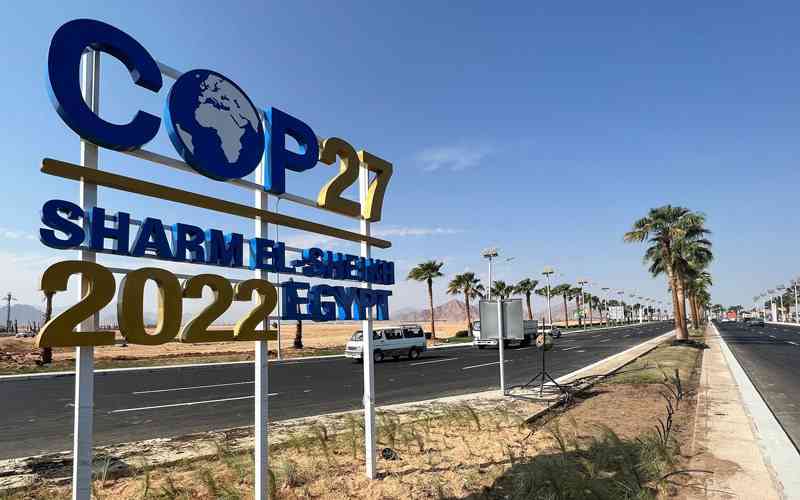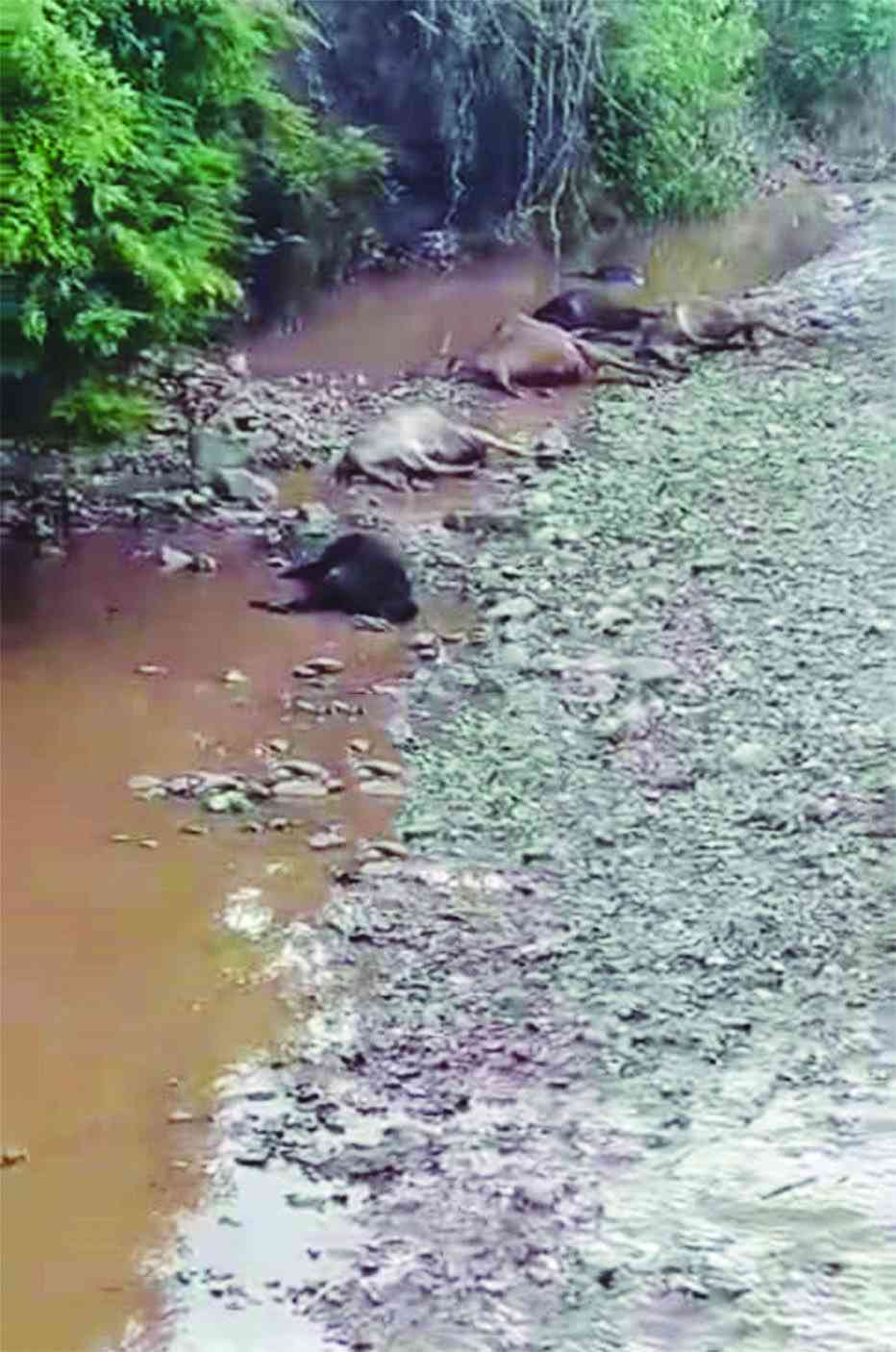
If there are any sticking issues that have managed to unite developing country governments and civil society organisations at the UNFCCC COP27 that has just ended in Egypt are loss and damage as well as continued investment in fossil fuel burning. These are the key elements that have managed to get civil society organisations and developing countries to speak with one voice, simply because there are issues of climate finance involved.
Loss and damage, including fossil fuel burning have witnessed negotiating partners developing a cat and mouse relationship at the just ended COP27. Unfortunately, these key elements have not managed to have a favourable response as envisaged.
For the purpose of this discussion and in view of the fact that laypersons constitute the majority of the readership, here is a simple working definition of loss and damage. These are severe, damaging and unavoidable effects of climate change impacts that cannot be realised through adaptation.
The impacts have either taken place, or are hardly avoidable because they are driven by natural global heating while no adaptation is possible. Lack of resources lead to unaffordable complexities. In this case, loss and damage can be viewed as negative impacts of climate change due to lack of resources for coping mechanisms.
When the developing countries are asking for loss and damage to be included as key elements of COP27 resolutions, they are doing so in good faith since they were least responsible for causing global warming. Furthermore, they lack mechanisms and resources to cope or deal with disaster risks and outcomes of climate-induced disasters. For this reason, developing countries under the banner of G7 have called for the establishment of a dedicated loss and damage finance facility. Unfortunately, the main polluting actors have pledged support but they lack commitment to compensate developing countries in monetary terms. It is this lack of commitment and sincerity that is worrying developing countries and their civil society partners and COP27 was their only hope to get these issues addressed.
Developing nations were worried about the possible outcomes of the just ended COP27 being anti-climax, despite that events leading to the current COP were pointing towards possible favourable outcomes with regards to the finality of fossil fuel reduction benchmarks from 1.5 to 2 degrees together with loss and damage issues. All these key elements require climate finance not insurance and also fulfilment of earlier pledges.
Truly speaking, Africa and the rest of developing countries need loss and damage finance in order to recover but developed countries may not see the immediate need yet.
This is shown in the way in which they release climate finance without any urgency whatsoever. Extreme weather events unfolding in southern Africa (Malawi, Mozambique, Zimbabwe and South Africa) are worrisome while droughts in East Africa and the Horn of Africa have painted a gloomy picture in terms of recovery.
- New perspectives: How Zimbabwe can effectively fight money laundering
- New perspectives: How Zimbabwe can effectively fight money laundering
- Is the emission-free climate future still possible?
- Why loss and damage is such a sticking issue at COP27
Keep Reading
Floods in west Africa, Nigeria in particular, are too devastating hence collective efforts are urgently required to address the dire situation and avoid a humanitarian crisis in that country.
Maybe the problem arises from different qualitative interpretations of what constitutes climate-induced loss and damage. The other issues may arise from suspicions by developed countries in terms of how the money will be used, whether it will be used for its targeted purpose or will go down the drain as some finances before. Many developing countries especially in the needy continent, Africa, have not managed to impress on issues of accountability due to corruption, bad governance, human rights abuses, lack of audits for years, among others. Therefore, if African governments have failed the accountability test several times what would make them thrift and accountable now?
This is a critical question which needs an answer and action which are fulfilling, convincing and not otherwise. Also, not many African countries are in the habit of compensating even their citizens yet they want to be compensated themselves.
On the side of developed countries and their main polluting actors, from the time of slavery, colonialism and post-colonialism no meaningful compensation has been rendered by them. Slavery has not been compensated, colonial atrocities and looting of global resources have not been compensated to date.
Indeed, can these protagonists be trusted or they are just playing climate games engaging in merry-go-round. In this regard, both sides, developing and developed countries have some introspection and explanation to do in order to improve their battered images and reputation.
The other issue is, are there any special reasons for attending these conferences of parties (COPs) every year without achieving anything? The situation is made tricky and complex by China and India, even under BRICS countries, they are guilt of doublespeak. On one hand, they are with developing countries while on the other they are reckless polluters with no regard to consequences whatsoever.
The impacts of climate change know no borders, so they say but is there anyone listening? I wonder. They continue to affect the most vulnerable people and countries disproportionately, does anyone from the developed countries or Global North care about Global South? As a result of these, there is a lot of COP spin-doctoring going on and it should be stopped at all costs. While lies are said to have short legs, climate lies have actually grown longer legs.
The key issue is that, it is the human and environmental suffering at the centre of global heating machinations hence who will be held accountable? While the COPs have become common events why should the poor continue paying a heavy price when they do not have the means.







